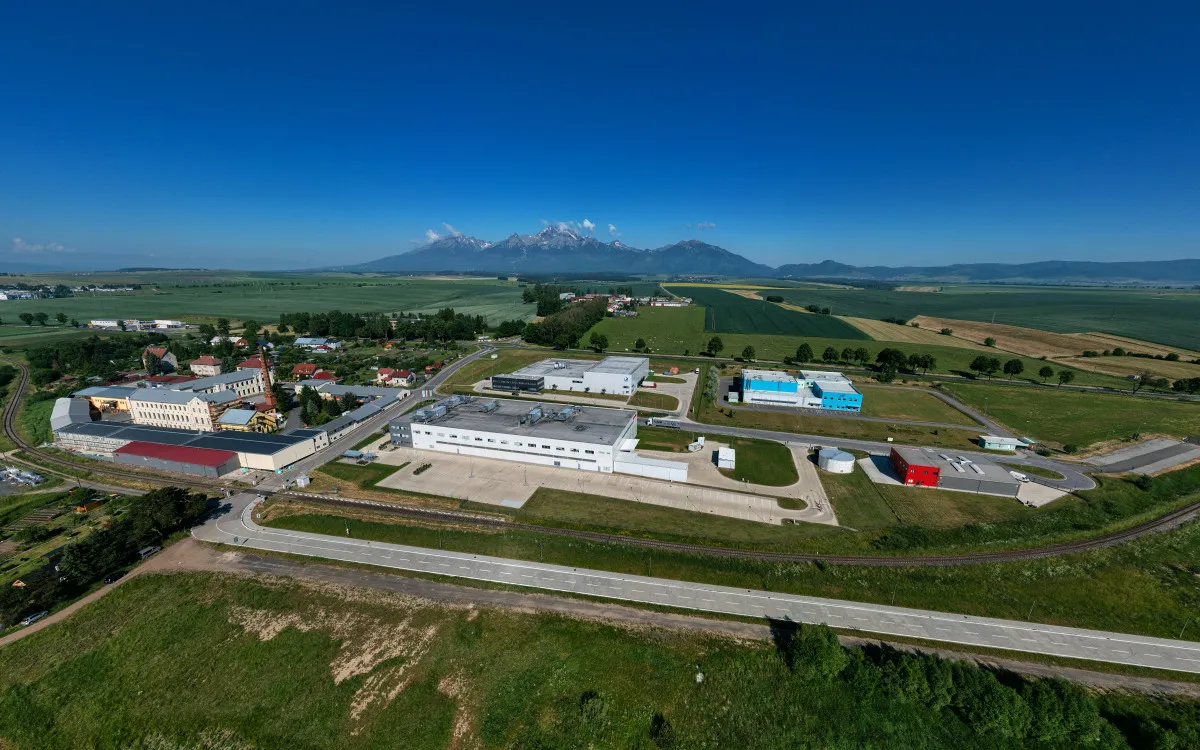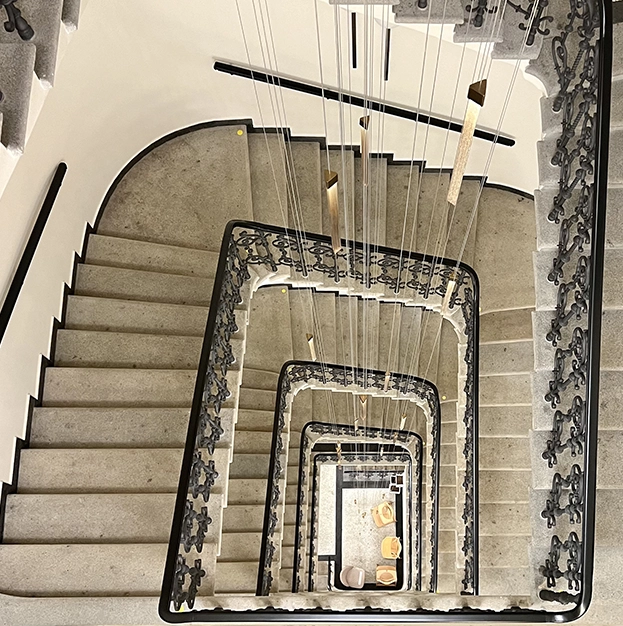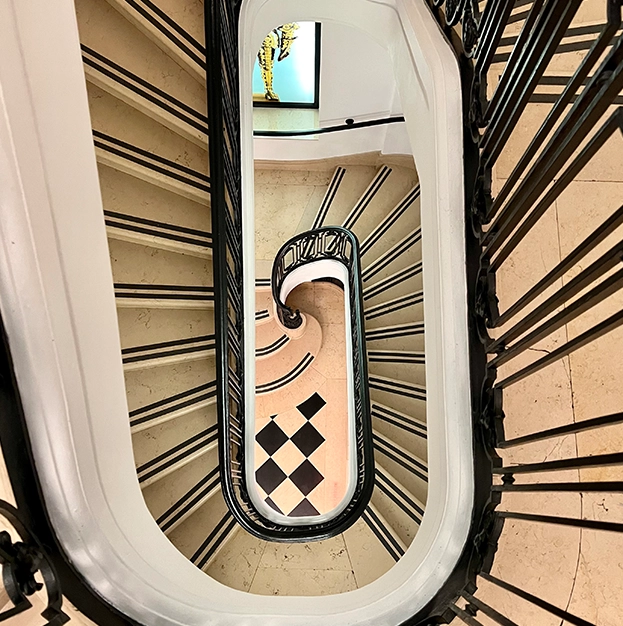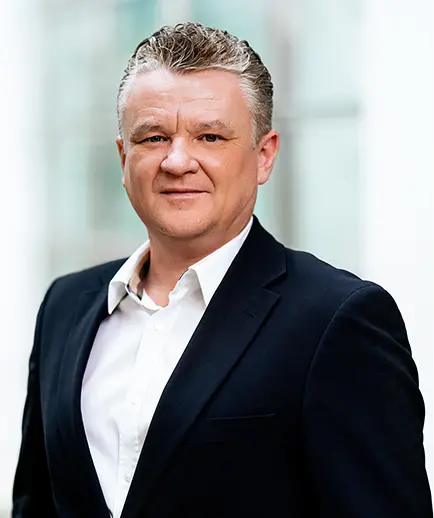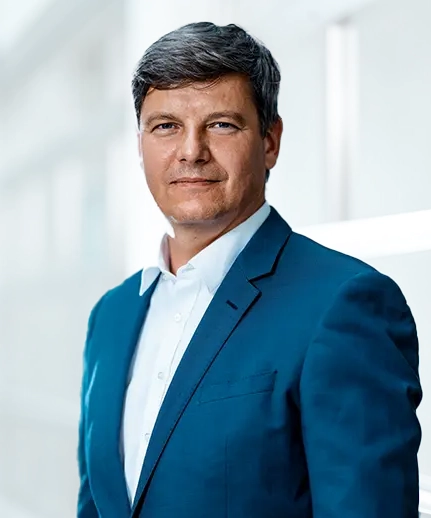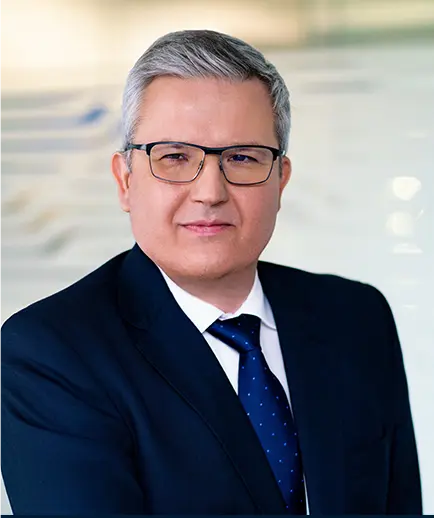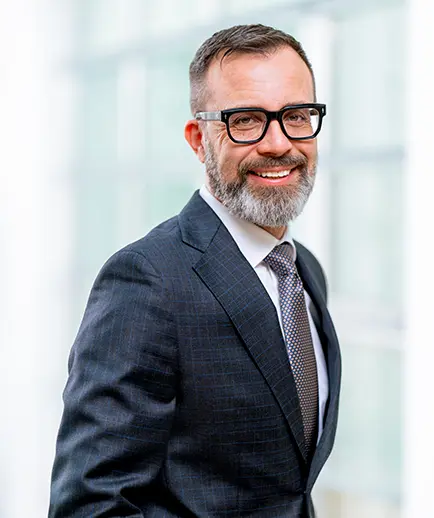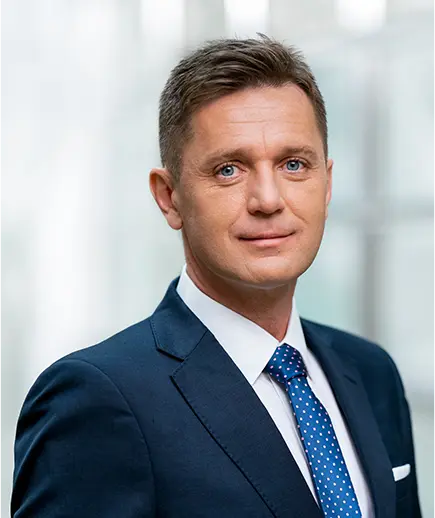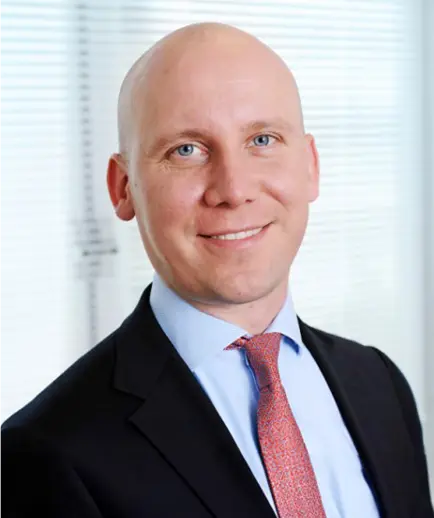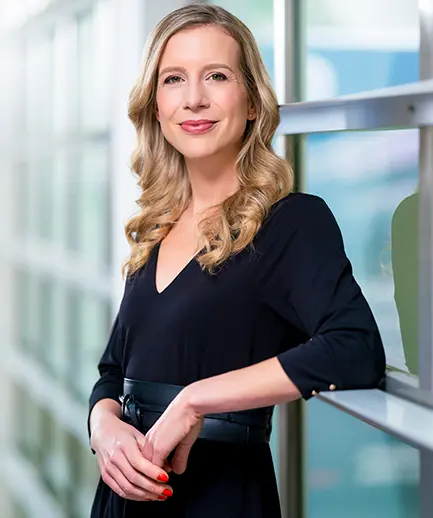The era of a global and connected world is slowly coming to an end. The political and economic trends set in motion by the 2008 crisis were reinforced by the pandemic and subsequent war in Ukraine. But while a more fragmented world economy scares some, the new world economic order can be an opportunity for investors.
The phenomenon of deglobalization will have many implications for political and economic life around us. For example, the structure of national economies can be expected to change as the frequency of crises increases, supply chains become destabilized, and the quest for decarbonization and self-sufficiency is pursued.
We can also expect continued dissatisfaction with the results of the globalization approach in developed countries. The consequence? The return of protectionism, as a result of the promotion of national interests and the preference for trade between countries in the developed, Western world. All the indications so far are that the Western world has learned its lesson and the totalitarian or dictatorial countries are gradually falling by the wayside.
These are all factors that investors today should consider when constructing their portfolios. How specifically? Deglobalization will bring increased pressure on companies and their operations. It is increasingly difficult to generate margins and profits. Today’s realities are rising labor and energy costs, higher interest rates, and the ever accelerating need to invest in new technologies. Large-scale changes in the distribution and supply chain bring with them additional, induced costs.
However, deglobalization brings a crucial, positive element in the form of targeting local economic activity. The need to rebuild at least partial self-sufficiency in a range of sectors is leading to a renaissance of industries that have been driven out of Europe and into Asia.
The current negative sentiment on the stock markets has washed away the returns of traditional portfolios composed of stocks and bonds. The way out for investors is to include alternative investments in their portfolios. For example, real estate funds may be one interesting way to achieve a higher degree of diversification, as they have a long-established low correlation with stocks and bonds.
It can already be confirmed, even in Central Europe, that if individual investors have gone in this direction, they have been able to defy the decline in returns on traditional portfolios and keep their portfolio returns in the black in 2022. Indeed, some real estate funds, mainly focused on industrial property, have achieved annualized appreciation above inflation. Investing in territories that the investor knows, in sectors that they consider promising, and in asset classes that they believe are the building blocks of a portfolio.
In terms of specific sectors to invest in as part of a portfolio reallocation, these can be relatively well associated with the manifestations of deglobalization. Artificial intelligence, automation, and robotics, for example, are the remedy for the declining number of people of working age and the generally rising cost of labor. The best example of this is their gradual deployment in factories, warehouses and logistics centers across the Western world.
Renewable energy, recycling, and decarbonization companies are other interesting investments today. The greening of industry in Europe is unstoppable given the political pressure and legislation already in place. At the same time, with an eye to the future, it represents an opportunity for investors to value their money.
Decarbonization means, among other things, the return of industry to Europe and the drive for greater economic self-sufficiency in Europe. During the pandemic, we saw with the shortage of masks and other medical devices that it does not pay to rely on unstable global supply chains. So today there is a drive to bring strategic industries ‘back home’.
Investors then have the chance to invest in, for example, private equity funds focusing on progressive industries. Or they can choose less risky funds investing in industrial real estate. However, they should always check the fund manager’s track record and success, the assets, and strategy of the fund, how value is added, the risks involved, whether the fund invests within the EU, and in what specific part of the EU. All this plays a significant role.
Long-term trends, combined with the one-off negative circumstances of pandemics and war, have made industrial and logistics parks a critical infrastructure for countries, and interest in these properties has risen sharply in conjunction with deglobalization trends. Today, only about 1% of the available space for lease in industrial parks in the Czech Republic is available and the interest in new leases has not yet cooled. This keeps the attractiveness of industrial real estate as an investment asset at a high level.
Through the construction of modern industrial parks, real estate funds are preparing the ground for the gradual return of key economic sectors to our region. And investors can participate immediately.

